Chapter 13
The Westward Movement and Manifest Destiny: 1812–1860
By Boundless

Manifest destiny was the 19th century U.S. belief that the country had a divine right to expand across and take over the continent.
The Oregon and Overland Trails were two principal routes that moved people and commerce from the east to the west in the 19th century.
As the nation expanded westward, settlers were motivated by opportunities to farm the land or "make it rich" through cattle or gold.
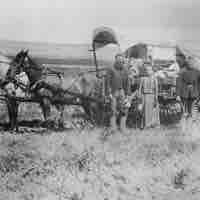
Women were vitally important in the settlement of the West.
After a series of skirmishes with Mexico, the Republic of Texas won independence in 1836 and was annexed into the United States in 1845.
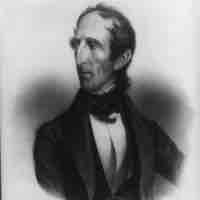
John Tyler's presidency was marked by a series of moves favoring American expansionism, including the annexation of Texas.

President James K. Polk was a strong proponent of expansionism and achieved the acquisition of Texas, Oregon, and California during his administration.
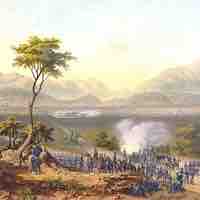
After the United States annexed Texas in 1845, border disputes led to war with Mexico in 1846.
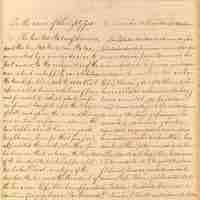
American victory in the Mexican–American war yielded huge acquisition of land and increased domestic tensions over slavery.
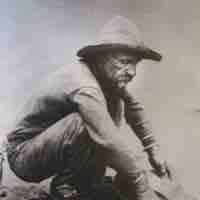
The discovery of gold in California in 1848 sent hundreds of thousands of people West in search of fortunes.